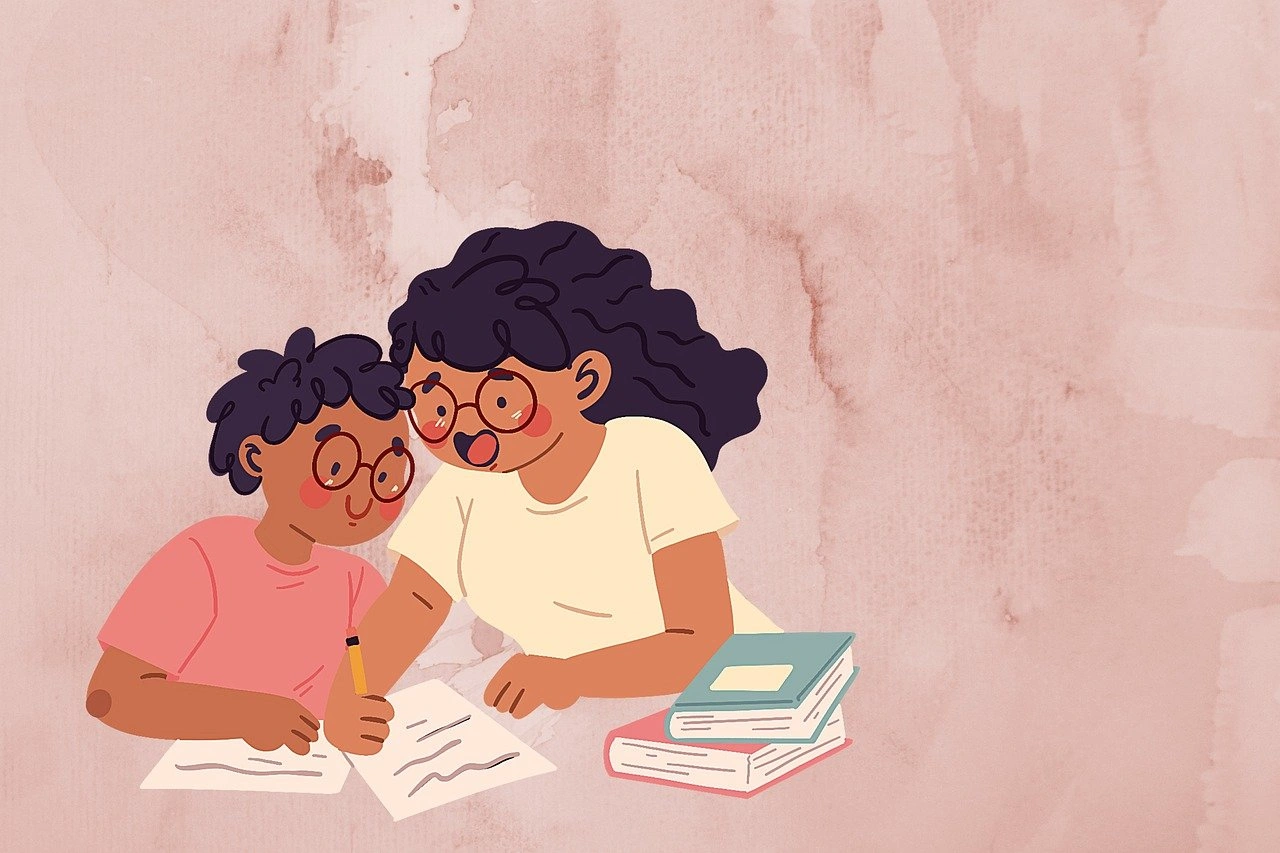What is An RBT: A Board Certified Behavior Analyst (BCBA) supervises a Registered Behavior Technician (RBT), a BACB-certified paraprofessional who directs their work with children with autism spectrum disorder (ASD) or other developmental disabilities.
Using RBTs is essential when a BCBA or BCaBA develops a strategy to intervene in a client’s behaviour. RBTs help people with behaviour problems directly because they are the first people who help people in this speciality area.
For example, let’s say you want to work in the area of applied behaviour analysis (ABA). If that is so, you will find comprehensive information on what an RBT does in this tutorial.
What Does An RBT Do?
The use of Applied Behavior Analysis (ABA) therapy is greatly enhanced by Registered Behavior Technicians (RBTs), who work directly with clients and assist Board Certified Behavior Analysts (BCBAs) in their duties.
Here’s an in-depth look at their key responsibilities:
Data Collection: In ABA training, it is very important to collect accurate data. During each session, RBTs write down client actions, replies, and progress information. The BCBA may then use this information to assess the behaviour plan’s efficacy and make any required revisions.
Making Plans for Behavior: RBTs carry out plans for behaviour intervention made by BCBAs. The goal of these plans is to teach new skills and deal with specific behaviour problems. To help their clients reach their objectives, RBTs use different ABA methods, like positive feedback and prompts.
Skills Development: RBTs help their clients improve a lot of different skills, such as their ability to communicate, get along with others, help themselves, and do well in school. To make sure that their clients can learn these skills and use them in different situations, they use organized ways to teach.
Behavior Management: An important part of an RBT’s job is to deal with difficult habits. To cut down on bad habits and teach good ones, they use ABA techniques. Methods like behaviour modification programs and functional communication training might be part of the solution.
Communication and Collaboration: RBTs often work in tandem with BCBAs, parents, instructors, and any other healthcare providers engaged in the client’s treatment. Giving the client updates on their work, talking about problems, and making sure that things are the same in all settings is what they do.
Ethics and Professionalism: It is very important to follow all of the ethics rules set by the Behavior Analyst Certification Board (BACB). A helpful and honest service environment is created by RBTs who act with professionalism, privacy, and respect in all of their contacts.
How To Get RBT Certification?
The process of becoming a Registered Behavior Technician (RBT) is organized to make sure that people are ready to provide high-quality ABA services. A candidate must have a high school diploma and no criminal record in order to get an RBT license.
In order to get RBT certification from the Behavior Analyst Certification Board (BACB), the candidate must finish 40 hours of training, pass a competency test, and pass the RBT exam. We put out a complete guide on how to get RBT certification.
What Does an RBT Do All Day?
Applied Behavior Analysis (ABA) training is at the heart of a Registered Behavior Technician’s (RBT) busy and satisfying day.
Here’s a quick overview of what their day might include:
Prepare for Session: An RBT starts their day by going over thorough behavior plans that BCBAs have made. In order to meet the specific needs of each client, they make sure they have all the materials they need, such as visual guides and strengthening materials. This preparation establishes the foundation for structured and practical therapy sessions.
Direct Therapy: RBTs employ individualized strategies to teach new skills and manage challenging behaviours by engaging directly with clients. They use methods like positive feedback to carry out behaviour plans. Sessions are engaging and goal-oriented to make sure clients make real progress.
Data Collection: It is very important to collect accurate data when making individual behavior intervention plans (BIP). RBTs are capable of capturing precise observations of customer responses and behaviors in real time. To make better choices, keep track of success, and make changes to treatments that better meet clients’ needs, this information is really important.
Team talks: RBTs collaborate with BCBAs and other workers in team talks, sharing their ideas and data. In an effort to guarantee that therapy plans are both cohesive and effective, these discussions evaluate client progress and devise future interventions.
Reporting: RBTs write detailed notes about their client’s progress and habits at the end of each day. They maintain consistent and supportive care across all environments by communicating with parents or caregivers and providing updates and insights.
Do RBTs Only Work with Autistic Children?
There are a lot of RBTs who work with kids who have autism spectrum disorder (ASD), but that’s not all they do. Various behavioural challenges, such as those associated with: can be addressed by RBTs, which are suitable for individuals of all ages.
- Problems with development
- ADHD stands for Attention-Deficit/Hyperactivity Disorder.
- Has Down syndrome
- Disorders of emotion and behaviour
- Brain damage from accidents
What Can RBTs Not Do?
There are some things that RBTs can’t do, even though they have a lot of training and play an important part. Some of these are:
Creating Behavior Plans: It is the job of a BCBA, not an RBT, to create behaviour intervention plans.
Roles of Supervision: RBTs can’t work alone; they need to be supervised by a BCBA.
Conditions Diagnosis: RBTs are not allowed to identify mental or behavioural healthcare problems.
Making Treatment Choices: A BCBA must make choices about how to change treatment plans or services.
Conclusion
Relationship behavioural technicians (RBTs) are very important to ABA therapy because they help clients with behaviour problems a lot. It is because of their hard work that people make real progress and their quality of life improves generally.

